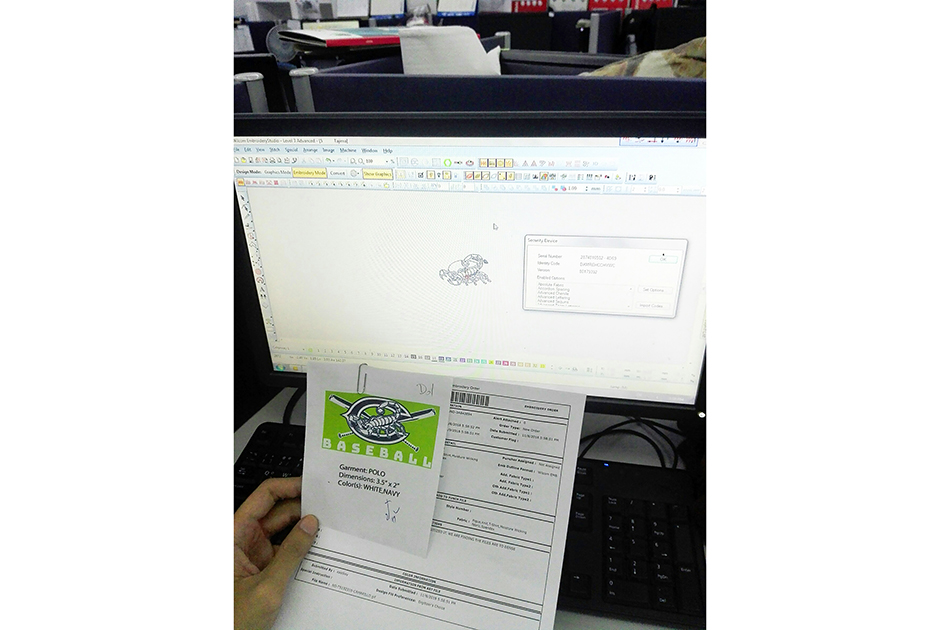The controversies around software piracy have been bubbling since the early 1980s. In this always-connected world, what once was considered only a nuisance for software developers has grown into a wider threat for everyone.
There are strong ethical concerns when you look deeper into piracy and all who are affected. Companies that take the true ethical stance by only using legal software and auditing their suppliers find it harder to compete with companies using illegal software. To survive, they may need to retrench local staff or put increasing pressure on outsourced suppliers to cut margins or do the same.
Rejecting piracy isn’t only about doing the right thing. Remove the ethical debate and the legal arguments that surround software piracy and you are left with some staggering facts and the genuine impact on your business. Two years ago, the Software Alliance (BSA), a trade group established by Microsoft in 1988 to represent commercial software makers, released a report attempting to quantify the volume and value of unlicensed software installed on personal computers across more than 110 national and regional economies. The numbers were astounding, showing that 37% of installed software was unlicensed. Focusing on the commercial market, this number increased to 50%.
There are great concerns regarding the significant lost revenue caused by piracy and its impact on software developers. More importantly, these findings underscore the economic and cybersecurity risks to the incendiary organizations brewing just beneath the surface.
The nonchalant use of unlicensed software dampens the economic benefits associated with the use of thriving technologies. Pirated software tends to be outdated and unsupported, directly impeding the growth of a company’s bottom line. For the IT department, it instils unprecedented and significant security risks throughout the organization.
Unlicensed Software: The Costs
The BSA reports a 1-in-3 chance of encountering malware when a company installs unlicensed software on its network or buys a computer with pre-installed, unlicensed software.
For the average company, this could mean extensive downtime, lost business data, damage to brand reputation, an average of 50 days to resolve issues and a typical $2.4 million in losses. A study by IBM showed scarier numbers: typical losses of $3.86 million and costs of $7.91 million, and an average of 196 days to identify a breach.
Business leaders already understand the importance of having the latest software and updates in the fight against crippling malware incursions, data breaches and other security risks. However, many only now are realizing that reducing downtime in this fast-paced world is increasingly important and can boost their bottom lines. Studies from Gartner, a global research and advisory firm providing information, advice and tools for IT, finance, human resources, communications, legal, compliance functions and more, show that organizations can achieve as much as a 30% savings in annual software costs by implementing a strong licensing program.
Mitigating Risk
According to Fundera, an advocacy group that provides tools and resources for small businesses to achieve growth, 43% of cyber attacks target small businesses and 64% of companies have experienced web-based attacks.
With the many rogue hackers looking for security breaches, you don’t want your business to be compromised. Therefore, it’s important to not only ensure your business use licensed software, but that your partners also follow suit. Otherwise, they could unknowingly pass infected files along to your business. If you are concerned, ask for proof of licensing.
The BSA and other prominent organizations have the resources, technology and reach to track down criminal business practices and prosecute the offenders. It’s not uncommon for legal costs, after being caught with unlicensed software, to be more than 200% higher than simply purchasing official software from the manufacturer or a licensed distributor.
Sometimes, companies that appropriately legalize their software and abandon pirated versions may be offered amnesty against prosecution, as well as special deals to make it affordable. Why? Many vendors would prefer new customers instead of new lawsuits.
In addition to reasonable costs, these businesses quickly realize the other advantages of owning legal software, including the availability of a support team to ensure operation with minimal interruptions or downtime. Also, updates are regularly released with feature enhancements, bug fixes and security improvements. Importantly, professional training also is available to help improve operating quality and efficiency. Together, legalizing becomes a financial benefit.
A True Story
Consider the following true story: Just a few months ago, there were tips circulating about specific piracy activities linked to China. A raid was conducted and authorities discovered the software pirates had used a person with a disability as a “front” for the sale and distribution of illegal software to make money. This is a prime example of how using pirated, unlicensed software is effectively supporting organized crime and is hardly worth the small financial advantage that such a choice delivers.
All businesses should be protected from software piracy by legally obtaining and updating their software. In the long run, it not only makes financial sense, but will provide business owners with a clear conscience that they are supporting all the hard-working people in this special industry.
Richard Wienburg has worked in the world of digital e-commerce and marketing for more than 30 years, bringing a wealth of knowledge and experience to the Wilcom team. Having honed his experience in the United Kingdom’s digital market, he found himself taking the lead when arriving in Australia. Having also had a background in web design, he has a passion for the creative and has assembled an innovative and imaginative marketing team delivering fresh branding with enormous success to Wilcom’s EmbroideryStudio and Hatch Embroidery product lines.





